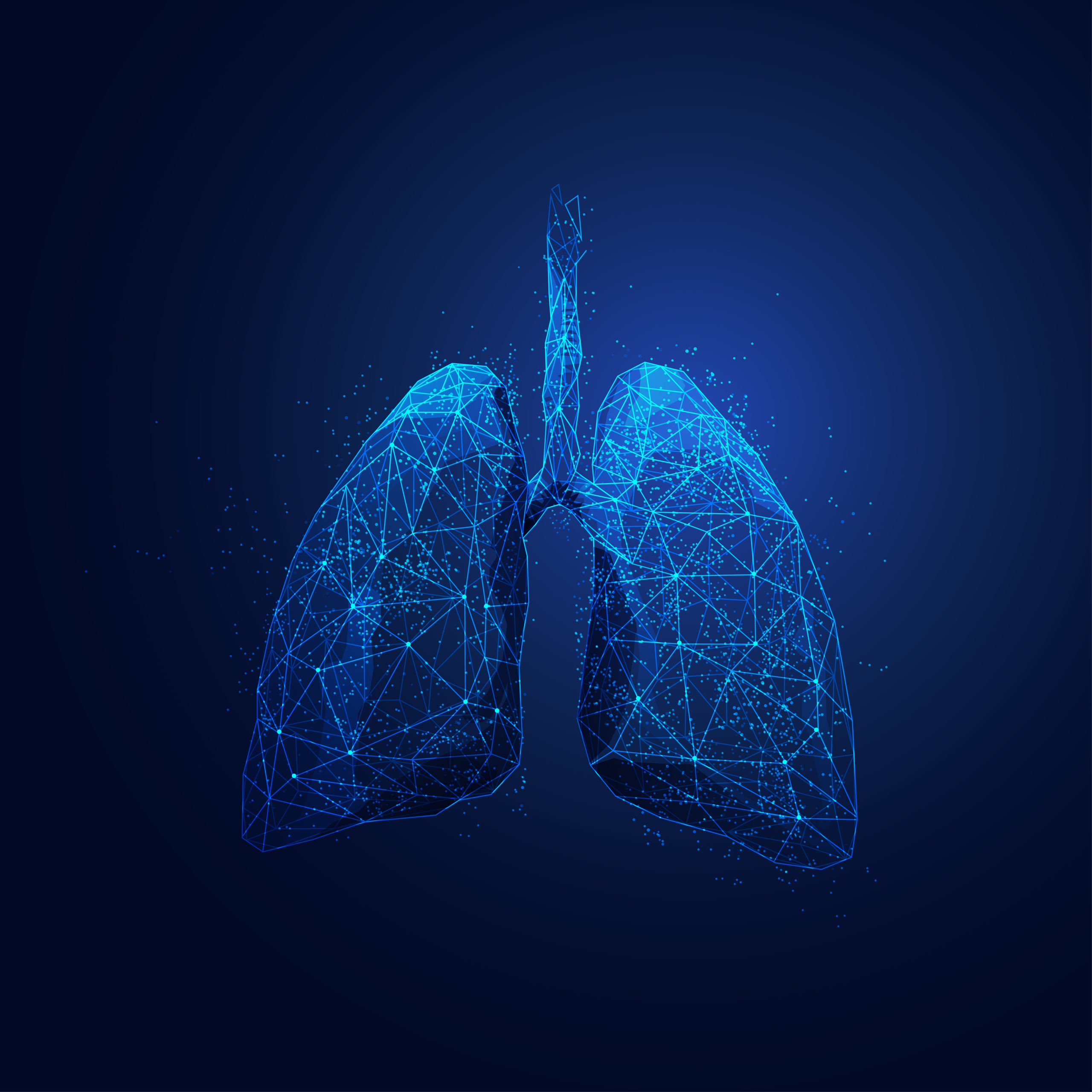Tag: Research
-

Northwestern Investigates COVID-19: Sentinel Surveillance, ‘Long COVID’ in Children
Northwestern Medicine investigators continue to investigate the impact of the COVID-19 pandemic, from evaluating repurposed drugs in preventing severe disease to using sentinel surveillance to monitor SARS-CoV-2 transmission rates and studying the prevalence of “long COVID” in pediatric patients.
-

Study Identifies Mechanisms Promoting Bacterial Survival
Northwestern Medicine investigators have uncovered novel regulatory mechanisms that promote bacterial survival, according to findings published in PNAS.
-

Targeting Ion Channels to Manage Osteoarthritis Pain
Therapeutically targeting ion channels in nociceptor neurons may be a promising strategy for managing osteoarthritis pain, according to a Northwestern Medicine study.
-

Widespread Bias, Discrimination Directed Toward People With Disabilities Who Seek Healthcare
A new study shows physicians may be choosing to deny care to people with disabilities, and some use discretionary excuses to strategically discharge them from their practice.
-

First Drug to Reduce Risk of Mortality and Hospitalization in Heart Failure
Dapagliflozin, a sodium-glucose cotransporter 2 inhibitor, reduced the risk of cardiovascular-related morality and hospitalization in patients with heart failure, regardless of ejection fraction, according to a series of clinical trial reports.
-

Advancing Lung Health Through Discovery-Based Research
Chronic lung disease is still the fourth leading cause of death in the U.S., making chronic lung disease both a research and clinical priority for many academic medical centers across the U.S. — including the Feinberg School of Medicine.
-

Gene Loss Enhances Metastasis and Cancer Progression
Investigators discovered that the loss of the gene SLIT2 in circulating tumor cells regulates metastasis of prostate cancer tumors, according to a Northwestern Medicine study.
-

Northwestern, CERN Join NIH in Enhancing Access to Biomedical Research
A new award to Northwestern University Feinberg School of Medicine and the European Organization for Nuclear Research (CERN) will enhance capabilities of data management and sharing for National Institutes of Health-funded researchers through the Generalist Repository Ecosystem Initiative (GREI), led by the NIH Office of Data Science Strategy.
-

Medical Student Studies Effects of Gender Affirming Surgery in Adolescents
Fourth-year medical student Daniel Sasson was a lead author of a study which found that transgender and non-binary adolescents who received top surgery demonstrated improved perceptions of chest dysphoria, gender congruence and body image.
-

Investigating Heart Disease Mortality in Asian American Populations
Mortality rates for ischemic heart disease in Asian American subpopulations were found to be more burdensome than previously reported, according to a Northwestern Medicine study published in JAMA Internal Medicine.






